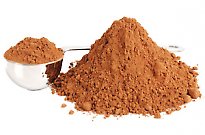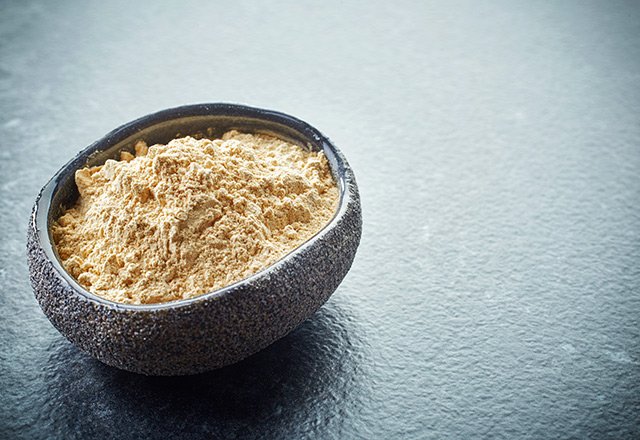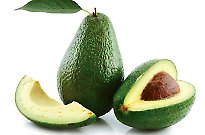
Superfood spotlight: Maca

Rich and bold in flavour, here's everything you need to know about Maca.
With its wonderfully rich, butterscotch-like flavour, it’s no wonder that maca is now a champion ingredient in many healthy pantries. SALLY O’NEIL uncovers the magic of this golden plant.
Native to the Andes mountains, the exotic maca plant has been traditionally used for both medicinal and nutritional purposes. Native Peruvians will tell you that maca enhances fertility, libido and stamina, while many new proponents of the nutrient-dense food claim that its array of vitamins and minerals also helps improve overall wellbeing.
Studies on these claims have proven them both to be, for the most part, true. For example, a 2013 study published in Plant Foods for Human Nutrition found that maca consumption in high-altitude Andean populations improved overall health status, improved immunity and decreased the risk of chronic mountain sickness. And a 2008 study, which trialled maca as a libido-enhancing supplement for those experiencing sexual dysfunction as a result of antidepressant medication, found that three grams of maca per day was enough to increase sexual satisfaction, and improved libido.
About maca
Maca powder is made by drying the maca root and milling it into a superfine powder, which is the way it’s commonly consumed in the West. In Peru, the roots are eaten roasted, boiled and mashed, or even ground into flour and used for baking. Its caramel flavour lends itself well to baking and homemade chocolates, and it’s a tasty addition to smoothies. Maca powder contains protein, natural sugars, iron, potassium, iodine, magnesium, calcium and fibre. The majority of its macronutrient makeup comes from carbohydrates (between 60 and 75 per cent), with moderate amounts of protein (around 10 to 14 per cent) and little fat (around two per cent).
Maca's health perks
Natural de-stress
Maca is popular in herbal medicine, where it is recognised as an adaptogen, or a substance that increases the body’s ability to cope with physical, chemical and biological stress. It is recommended to women to help with mood, PMS and menopausal symptoms. It is also often recommended to people experiencing fatigue. If you find yourself overcome with anxiety, stress, depression or mood swings, maca may help alleviate these symptoms, though the evidence so far is anecdotal. Some people report an increase in mental energy and focus upon supplementing their diet with maca.
Macronutrient rich
Maca is rich in vitamin C (with a five-gram teaspoon containing nearly 100 per cent of your daily intake) and is a source of iron, calcium, magnesium and potassium. Vitamin C is great for bolstering your immunity and nourishing your skin while the latter minerals all play important roles in supporting bodily health. Maca could be a useful supplement for vegans and vegetarians, who don’t rely on meat or dairy for their iron and calcium intake.
Energy and vitality
The story goes that the Incas used to eat maca before going to battle to increase their strength and endurance. Today, fitness fanatics have been known to use maca to give them a natural boost. Worth noting if you’re trying to ditch caffeine or looking for some extra up-and-go.
Mood food
In natural medicine, maca is celebrated for its ability to relieve symptoms associated with menstruation and menopause. Although the scientific research jury is still out on its efficacy, many women and natural health resources report that maca works to alleviate cramps, body pain, hot flashes, anxiety, mood swings and depression. (And given that you’re probably craving chocolate anyway, why not try it in a dessert?) Maca is also widely used to promote sexual function of both women and men. It is known to boost libido and increase endurance, along with improving fertility.
Don’t overdo it
A tablespoon of maca powder is an average daily dose. There have been rare reports of toxicity, such as mild increase in liver enzymes and blood pressure as a result of maca consumption, but there is little research to suggest that it is unsafe. Some people find that maca powder can be difficult to digest initially. Start with half a teaspoon and build up to one teaspoon over the first week or so. Once your body has adjusted, you can increase your portions according to your needs. If you have any concerns about your own health, hormones and maca consumption, consult a professional.
Have you heard of lupin? It's packed with protein and is gluten-free, read all about it here.


